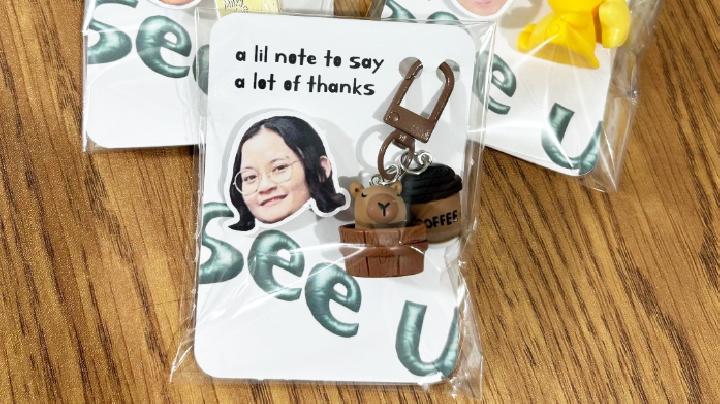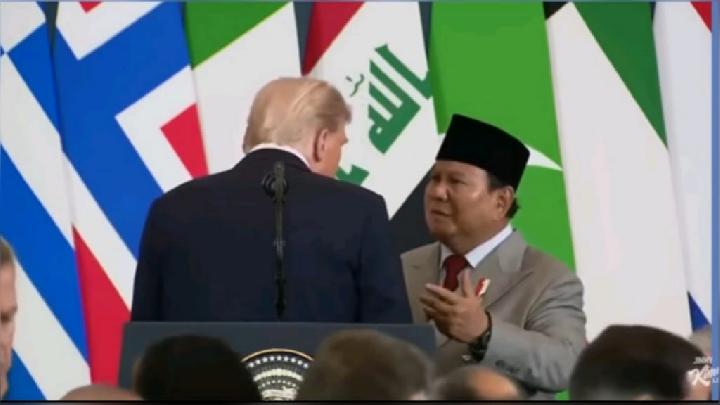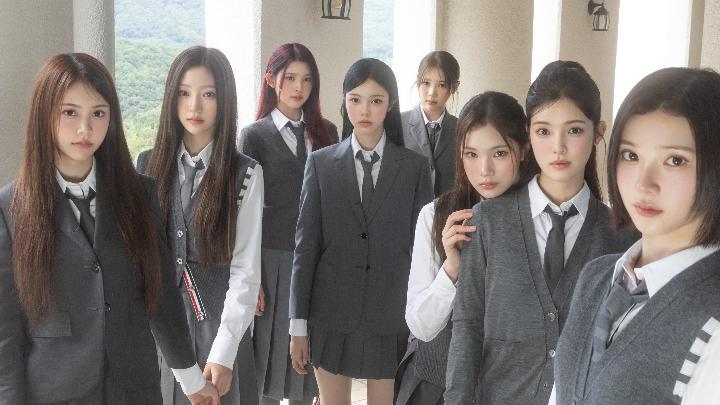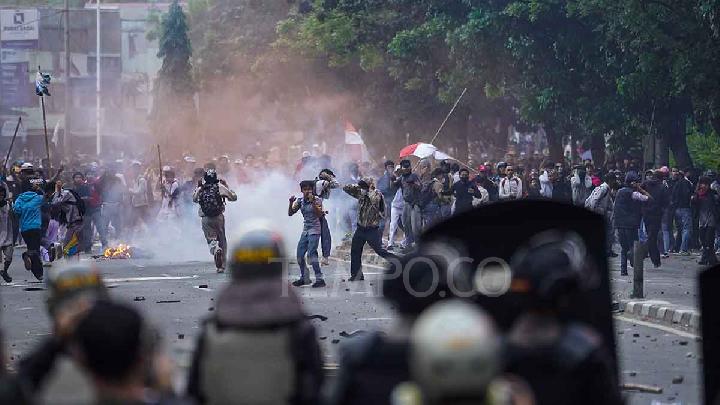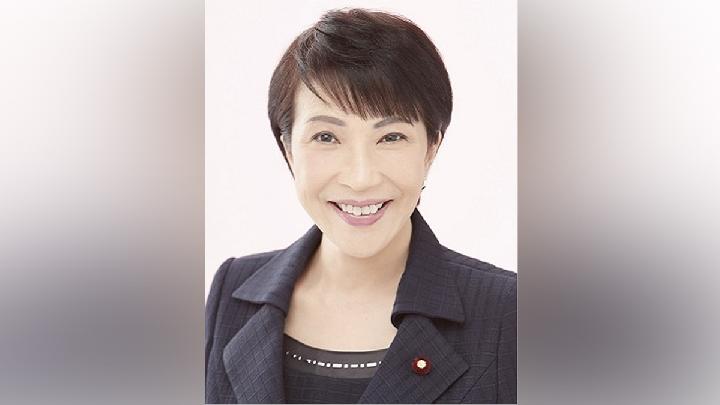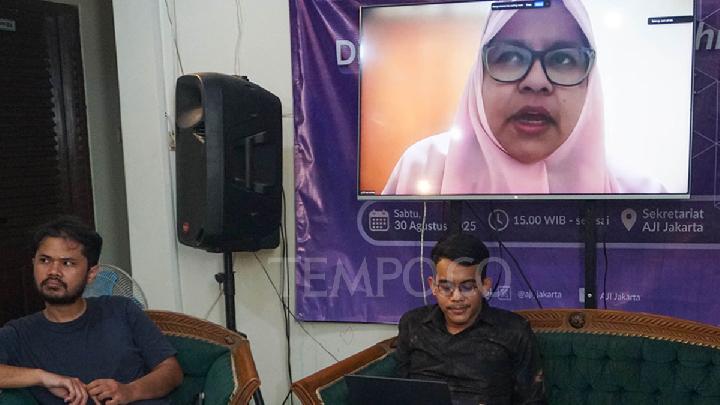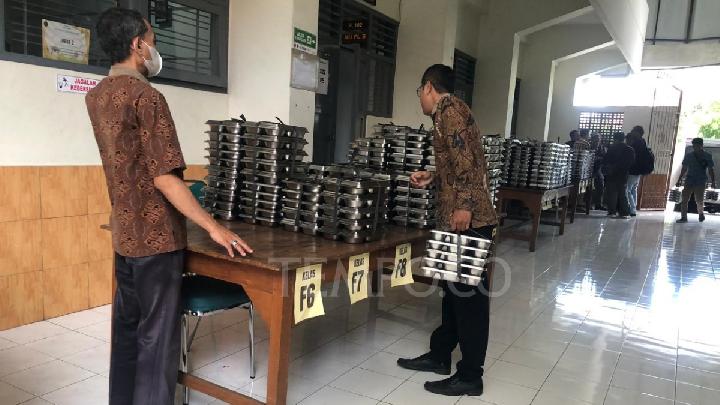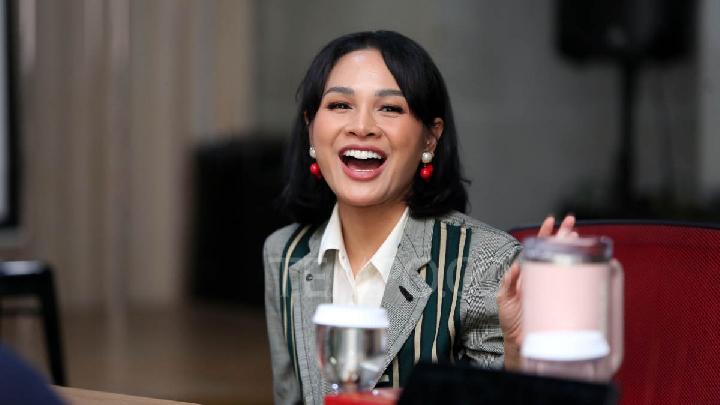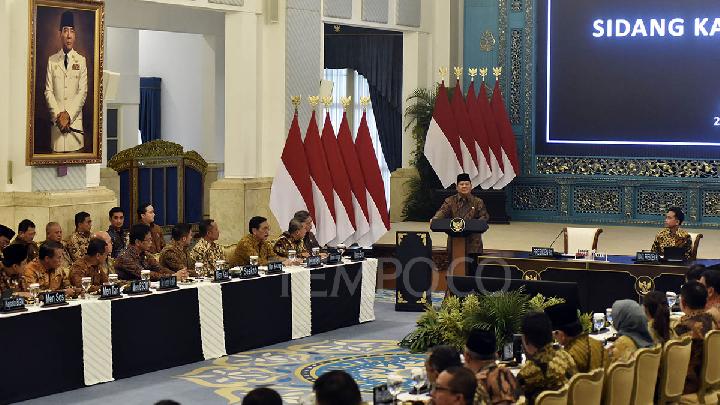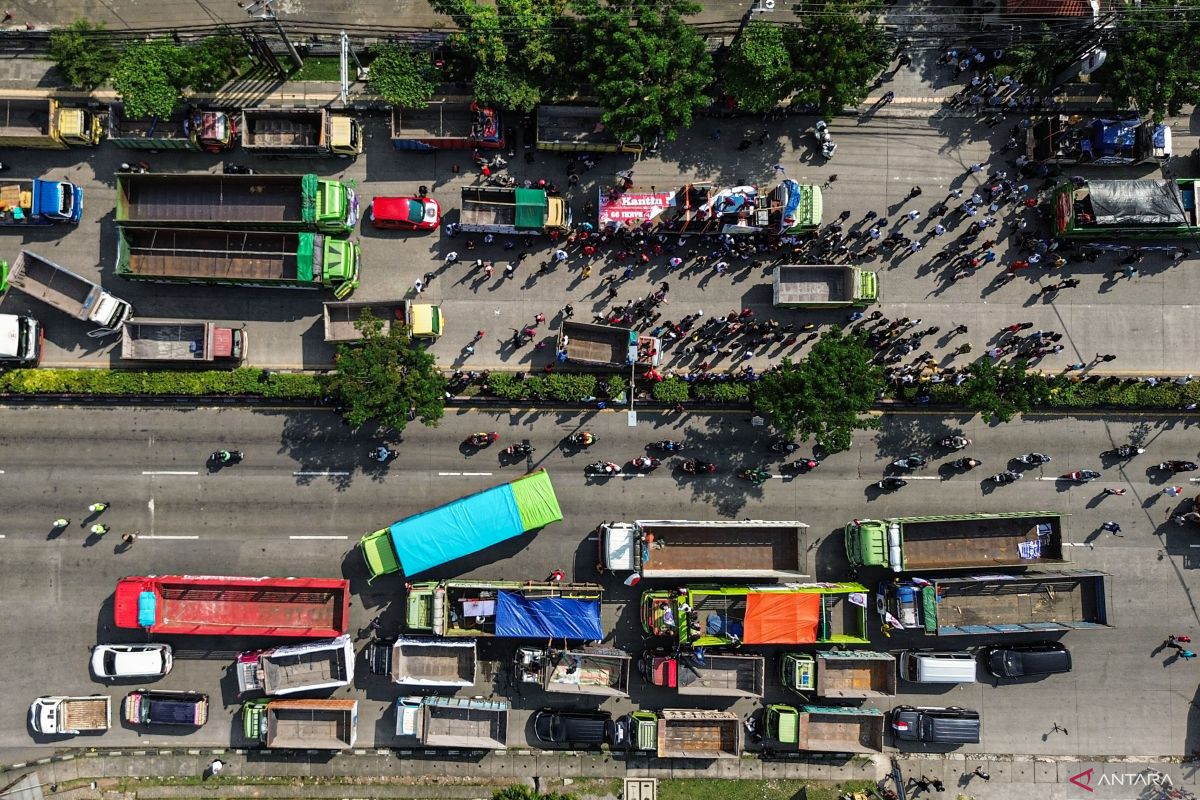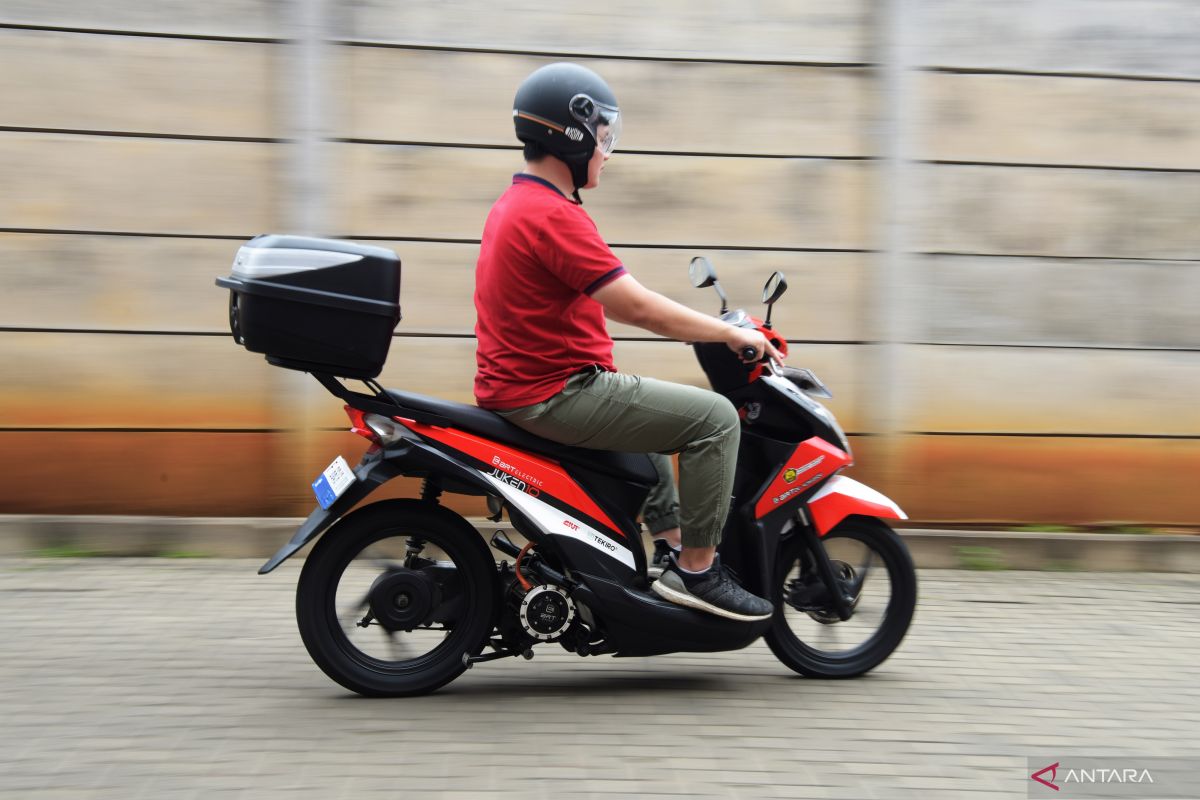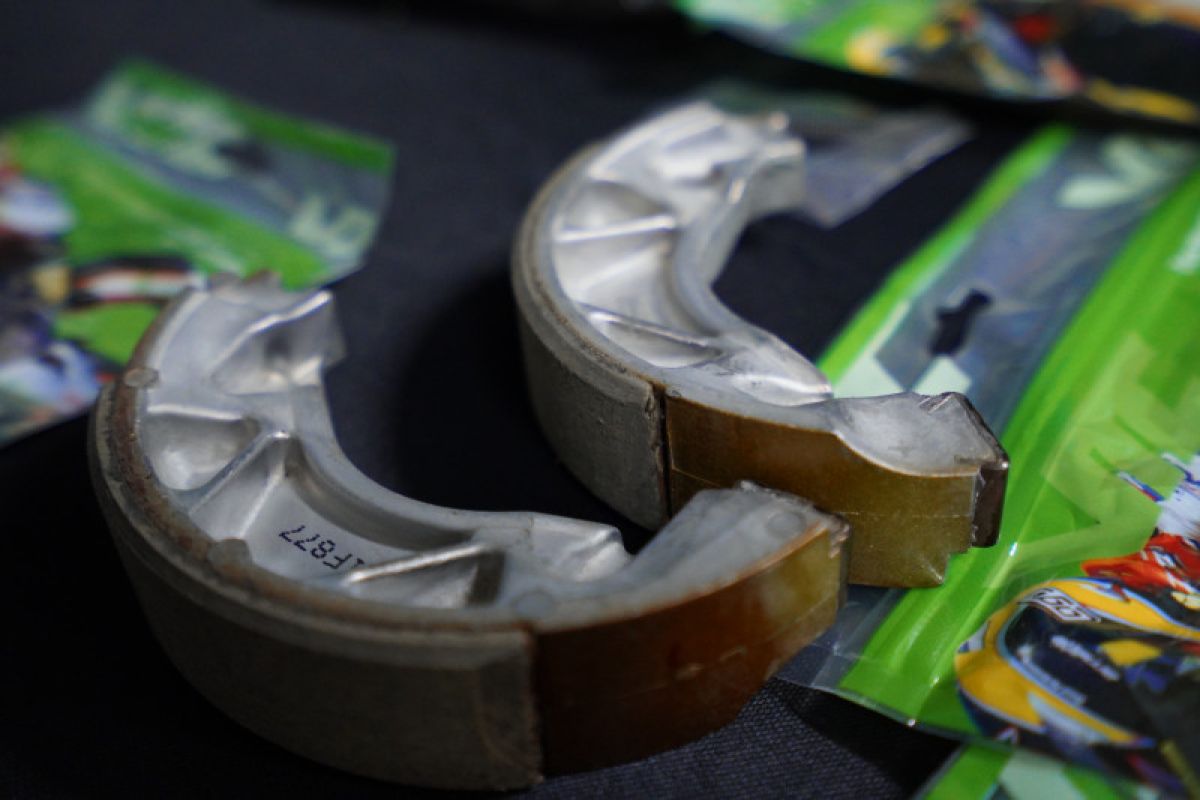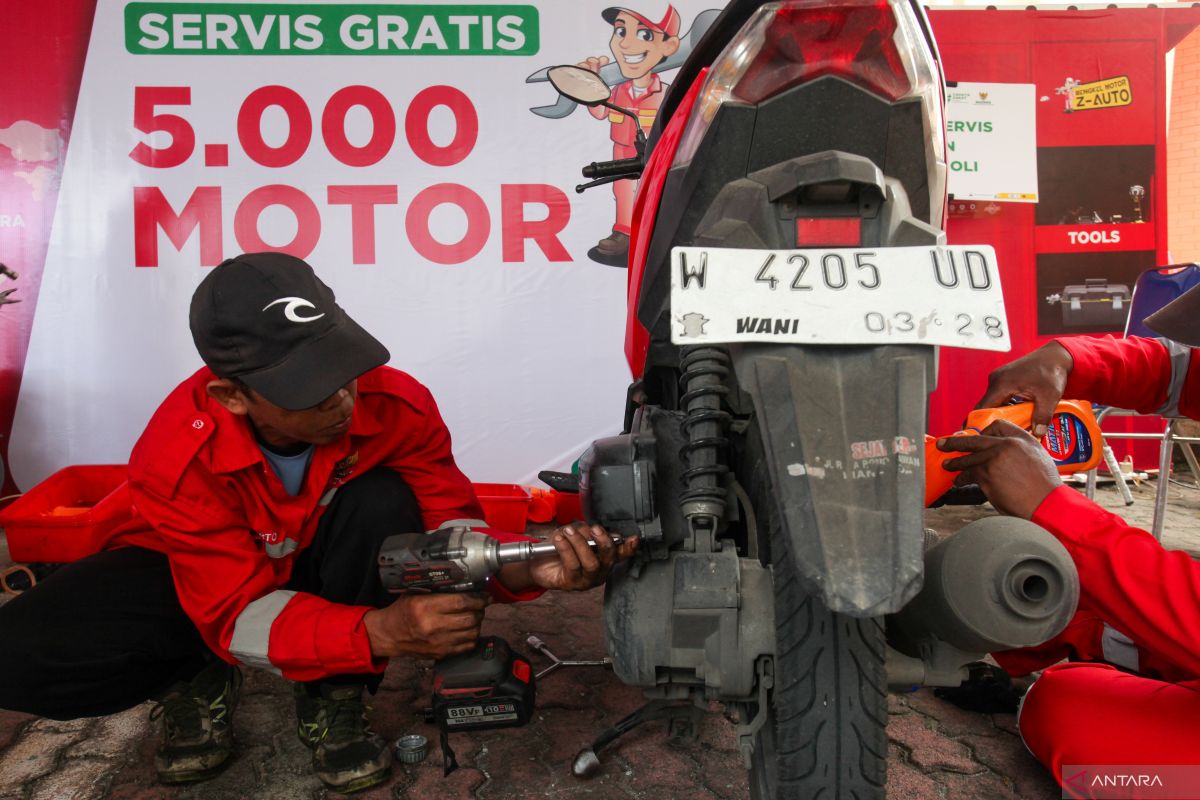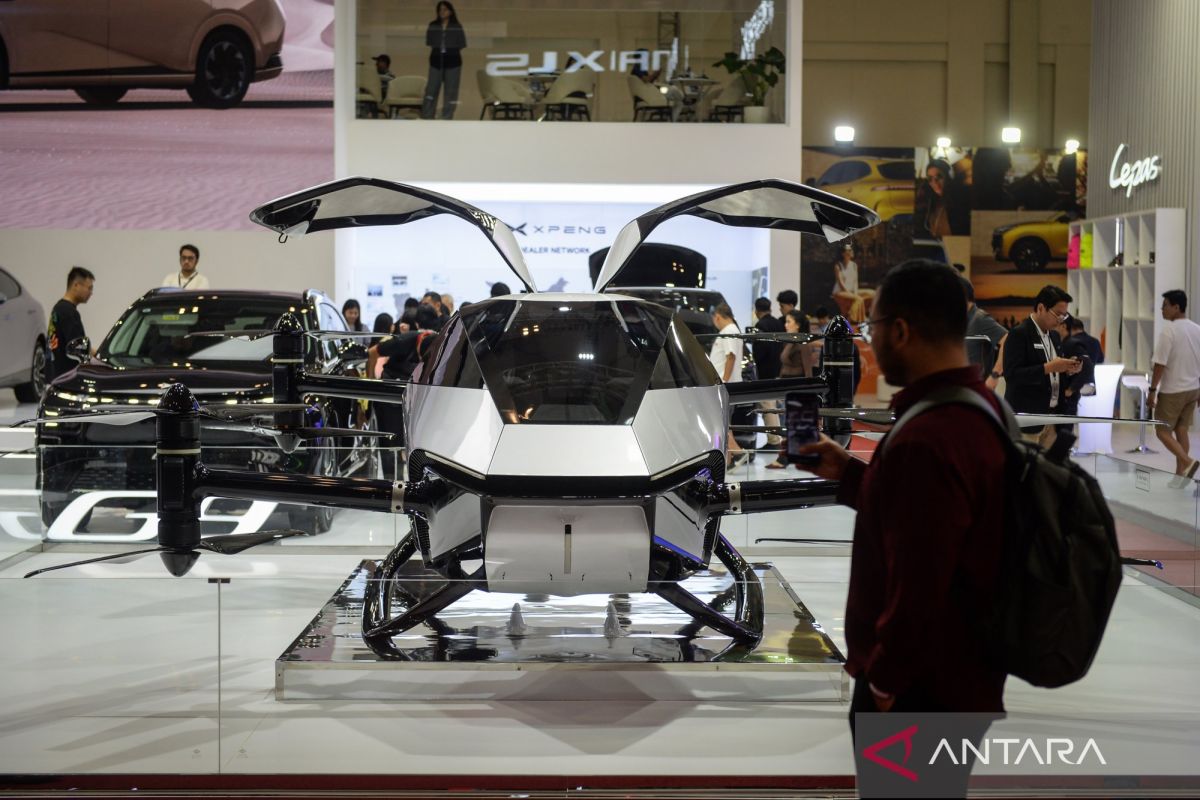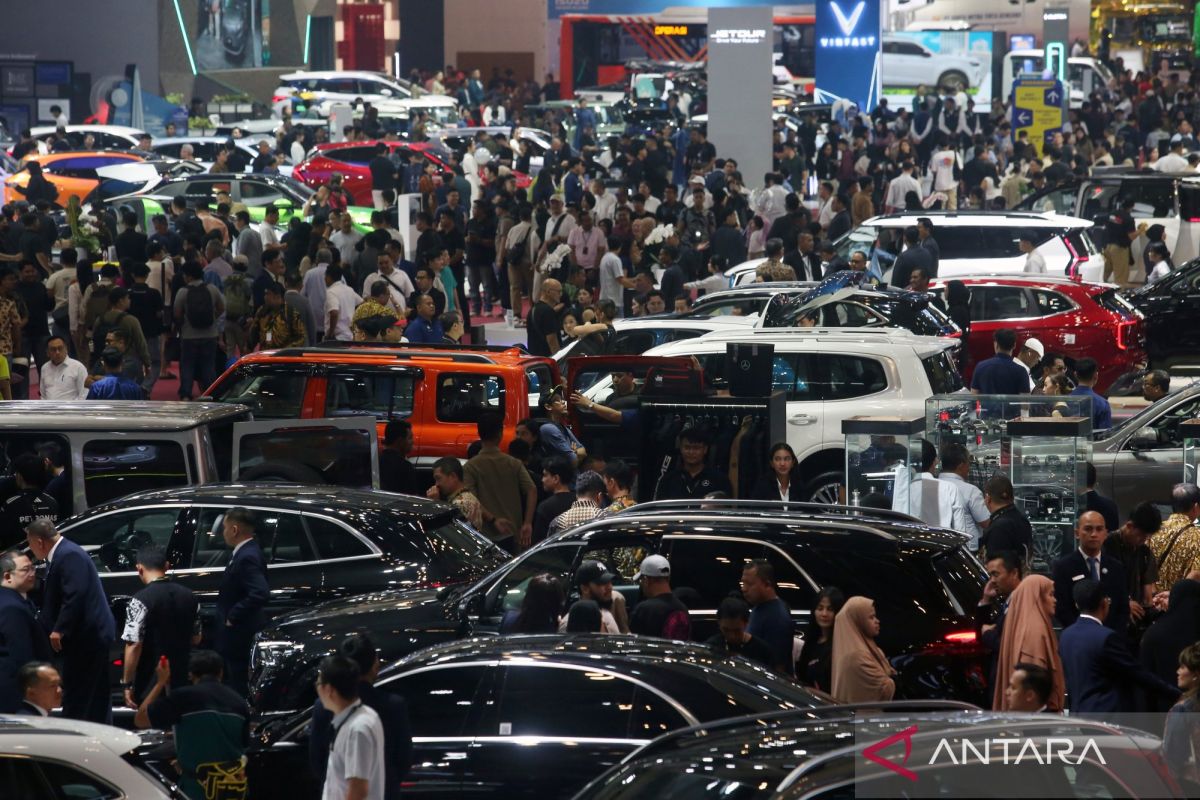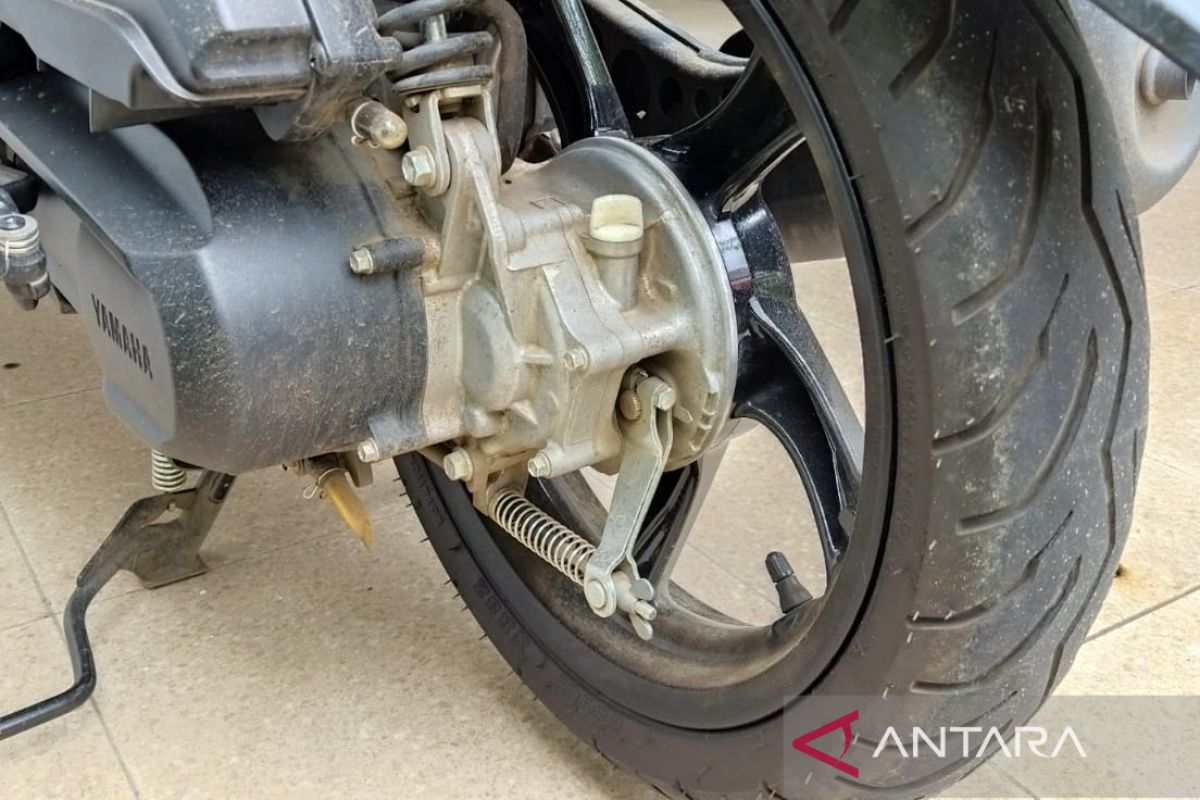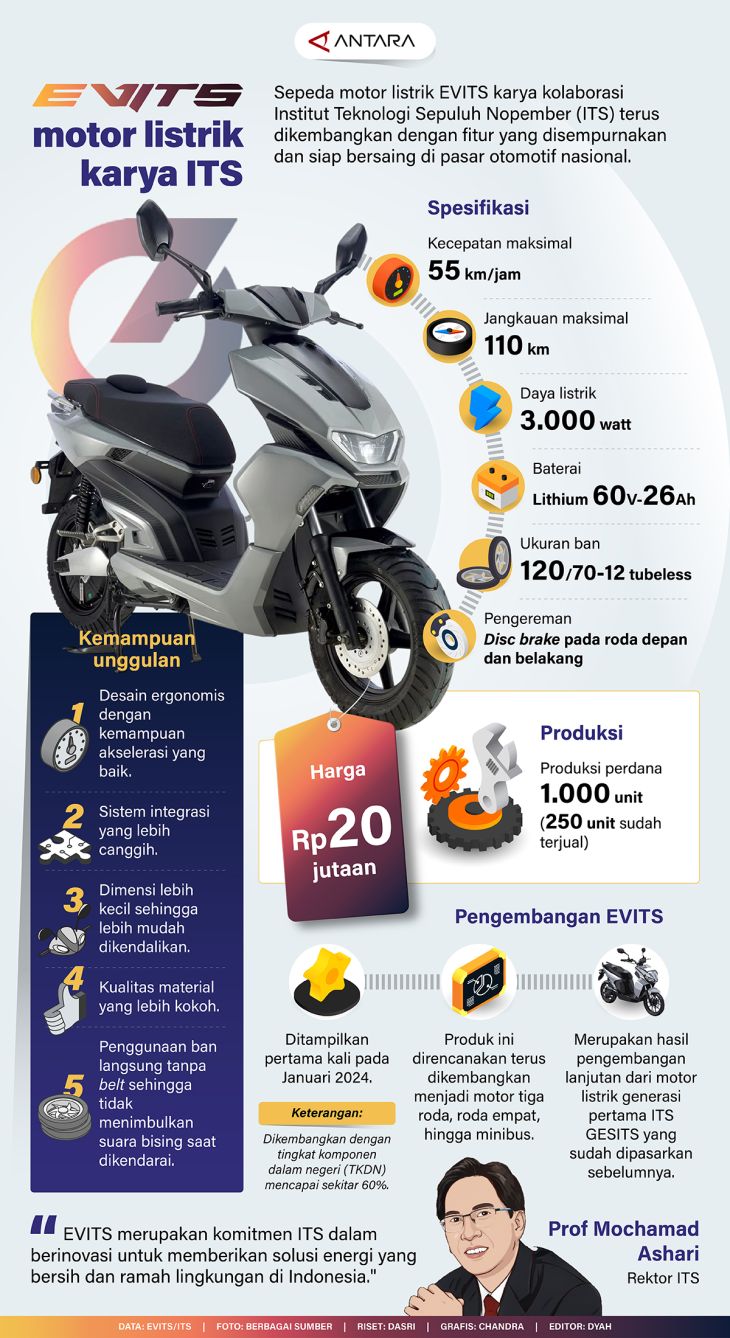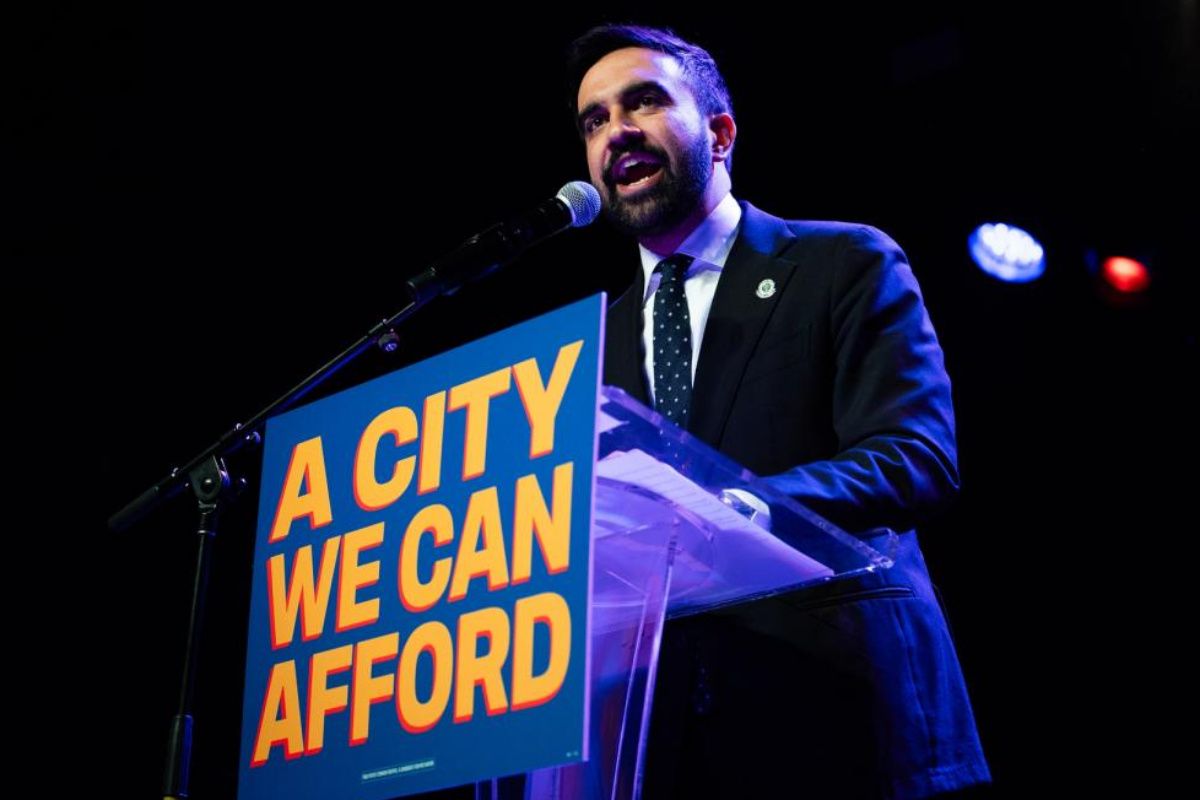
TEMPO.CO, Jakarta - Indonesia was the clear loser in the trade negotiations with the United States. Prabowo was powerless in front of Donald Trump.
PAY careful attention: detailed information about the trade agreement between President Prabowo Subianto and President Donald Trump always comes from the United States. It was Trump who first announced that he had reached an agreement with Prabowo. And it was the White House that provided information about the finer points of the negotiation results.
If Trump or the US government had not revealed the outcome of the talks, perhaps Prabowo and his aides would have puffed out their chests and claimed they had won the negotiations. The reciprocal tariffs agreement, which comes into force on August 1, 2025, will reduce tariffs from 32 percent to 19 percent for Indonesian exports to the United States. In return, American goods entering Indonesia will face zero tariffs.
After the public learned that there was a high price to be paid for this reciprocal tariff reduction, the government sidestepped the issue by saying that the new rate was lower than that imposed on other nations.
But the fact is that we were hammered in all aspects. As well as additional tariffs, we are forced to remove a number of obstacles to the flood of US products to Indonesia. For example, we are no longer allowed to impose non-tariff restrictions such as a required minimum level of domestic content or certification. As well as having to roll out the red carpet for products ranging from food to cosmetics, Indonesia will be obliged to purchase airplanes worth US$3.2 billion, agricultural products (US$4.5 billion), and energy (US$15 billion).
Another point of agreement, which shows even more convincingly that we are powerless in negotiations, is the obligation to transfer personal information on Indonesian citizens to the United States. As well as this being a threat to the privacy of individuals, Prabowo could also be accused of handing over sovereignty of citizens’ data to another country.
Officials claim that the data mentioned in the trade negotiations is personal information voluntarily uploaded to the Internet, for example, when people create email addresses. But given its poor reputation for protecting the privacy of its people’s data, the government explanation should be read the opposite way.
It is true that there are parts of the agreement that will be good for the business climate, such as the ending of the requirements for import permits for food and agricultural products, like the import quotas previously in force. There is also a ban on the import of goods produced by forced labor and protection for workers, as well as environmental protection and an end to illegal logging. But even without pressure from the US, the government should have implemented these measures long ago.
In the negotiations with the United States, there was no indication of Indonesia’s cautious attitude toward the establishment of the Free Trade Area of the Asia-Pacific (FTAAP) because it does not want to be bound by its trade rules. Regarding the FTAAP, which is still in limbo, Indonesia is not willing to simply sign up. For the sake of a tariff reduction from 32 to 19 percent, Prabowo gave in to all the US demands.
Perhaps Prabowo’s foreign policy is one of the roots of the problem. The way he took Indonesia into BRICS—a grouping of non-US major nations—when the country was planning to implement reciprocal tariffs was a blunder. Rather than strengthening his bargaining position, it made negotiations with the US more difficult.
BRICS is a political bloc, not an economic alliance that benefits Indonesia. And Indonesia has a trade deficit with China and Russia, the two leading BRICS member states. Conversely, we have a trade surplus with the US. Therefore, it is strange that Prabowo has allied with nations that do not give us optimum benefits.
No less disastrously, there are signs that Prabowo ignored the recommendations of a number of officials when negotiating with Trump. And he was not accompanied by international trade experts. Because Prabowo does not understand the technical issues, the result was a trade agreement that disadvantages Indonesia.
After it was too late, Prabowo accused those who disagreed with him of simply whining. He ignored the fact that many people in Indonesia will be affected by the agreement. In the end, Prabowo is helping to “Make America Great Again,” as Trump boasted in his campaign.
Determined to turn Indonesia into the “Tiger of Asia,” he meowed in front of the United States.
Gov't Says Personal Data Transfers Began Before US Trade Deal
11 jam lalu
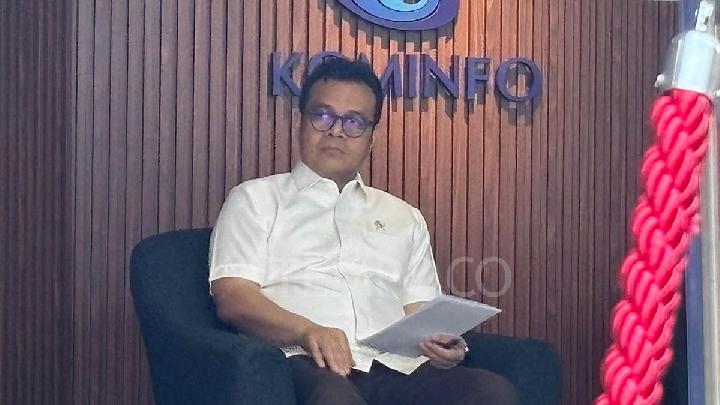
Deputy Minister Nezar Patria said personal data transfers began before Indonesia-US trade talks, often through online transactions or search engines.
From Papua to IKN, VP Gibran Comments on His Proposed Office Transfers
13 jam lalu
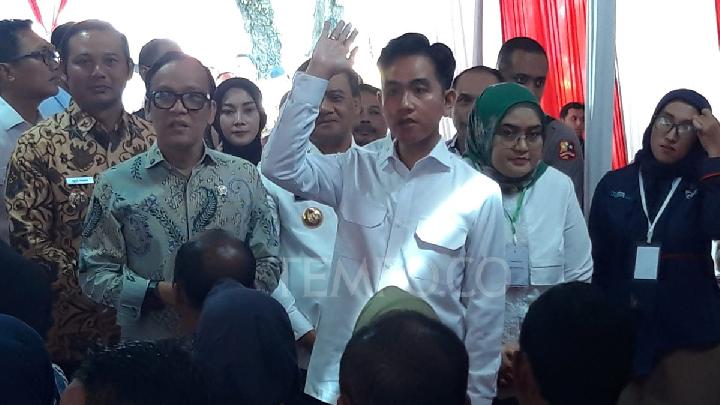
Gibran claims to be ready to work anywhere, including IKN. But Prabowo's directive is required.
Trump Lowers EU's Tariffs to 15% as Deal Reached with von der Leyen
13 jam lalu
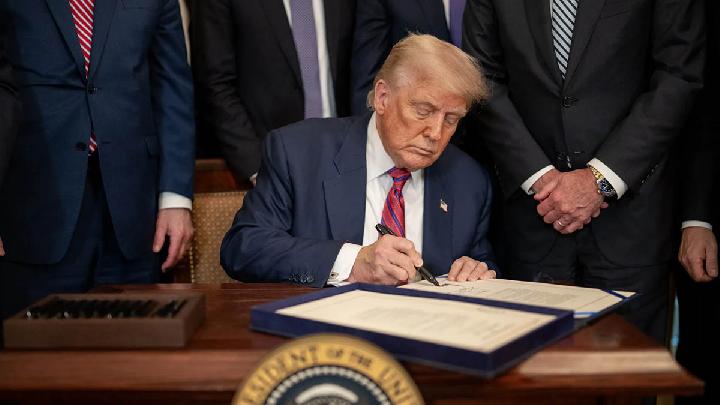
The European Union and the United States agreed to set a 15 percent tariff for European exports after intense negotiations in Scotland.
Kazakhstan President Tokayev Invites Prabowo to Visit Astana
15 jam lalu
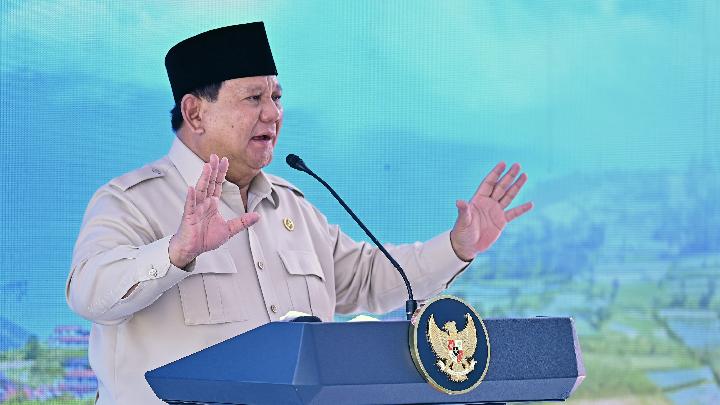
President of Kazakhstan Kassym-Jomart Tokayev officially invites Prabowo Subianto for a state visit to Astana to strengthen bilateral cooperation in various fields.
What to Know About the Indonesia-US Data Pact and the Digital Rights Debate
17 jam lalu
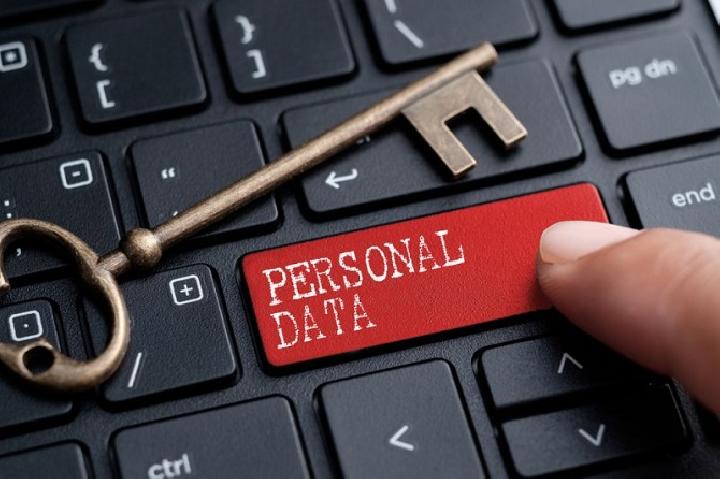
The data transfer deal has sparked public controversy. Several groups have voiced criticism, particularly over concerns related to digital rights.
TKDN Reform Not Limited to U.S. Products, Industry Ministry Says
18 jam lalu

The Ministry of Industry plans to reform the domestic component level (TKDN) rule in the near future.
Crypto Derivative Transactions on Indonesia's CFX Exchange Hit Rp33.54 Trillion
18 jam lalu

CFX recorded a total value of national crypto derivative transactions amounting to Rp33.54 trillion throughout the first half.
Malaysian PM to Visit Indonesia on July 28-29 for Annual Consultations with Prabowo
1 hari lalu
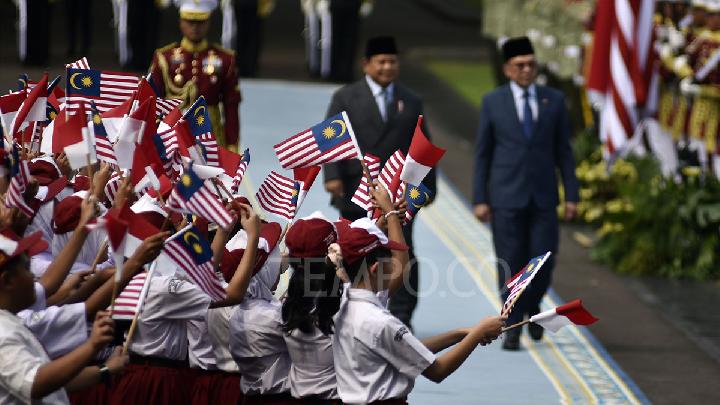
Malaysian Prime Minister Anwar Ibrahim is scheduled to visit Indonesia on 28-29 July 2025 to meet President Prabowo Subianto.
Indonesia's Uniqlo and Adidas Supplier Pan Brothers Responds to 19% US Tariff
1 hari lalu

PT Pan Brothers Tbk (PBRX) welcomes the U.S.'s implementation of a 19 percent reciprocal tariff on Indonesian products.
Thailand, Cambodia Ready to Discuss Ceasefire After Trump's Intervention
1 hari lalu
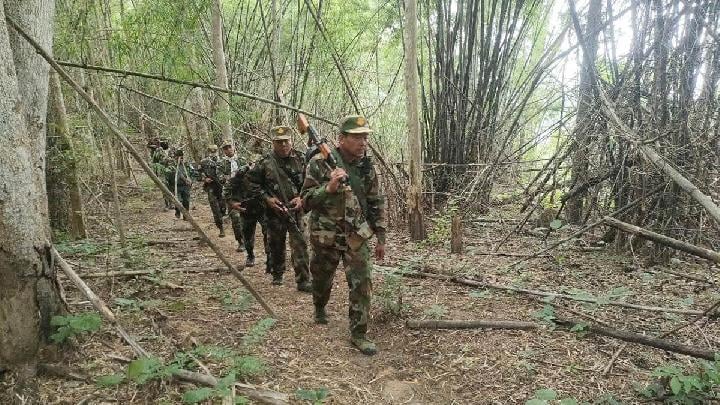
Thailand and Cambodia express readiness to discuss ceasefire following a call for an end to the conflict at their border by US President Donald Trump.

